Catholics believe the Eucharist is the Body and Blood of Jesus because He plainly said of the Eucharist at the Last Supper: "This is my body. ... This is my blood" (Matt. 26:26, 28). Jesus also taught in His famous Bread of Life Sermon: “Truly, truly, I say to you, unless you eat the flesh of the Son of man and drink his blood, you have no life in you; he who eats my flesh and drinks my blood has eternal life, and I will raise him up at the last day. For my flesh is food indeed, and my blood is drink indeed. He who eats my flesh and drinks my blood abides in me, and I in him. As the living Father sent me, and I live because of the Father, so he who eats me will live because of me” (John 6:53-57).
Undoubtedly, these are the most enigmatic words ever uttered, not the least reason of which is that it is the Son of God who is uttering them. And the crowd reacts as one might expect, protesting, “This is a hard saying; who can listen to it?” (John 6:60); and they depart from Him. The Church has always understood these words of Jesus as affirming His Real Presence in the Holy Eucharist—that the Eucharist is truly His Body, Blood, Soul and Divinity under the appearances of bread and wine. In a sense, the Church’s interpretation of John 6 might be described as literal; but then again this would not be wholly accurate. For the people in the crowd who abandoned Jesus took His words literally too, which led them to conclude He was speaking of cannibalism. And to this, they responded with indignation, saying, “How can this man give us his flesh to eat?” (John 6:52).
The Church’s interpretation of Jesus’ teaching on the Eucharist is more than literal, it is sacramental. The sacraments are comprised at once of both sign and reality. Like Christ, whom we encounter there, the sacraments represent the reconciliation of the spirit and the flesh. Non-Catholic Christians, who deny the Real Presence, see only the spiritual aspect of Jesus’ words; while the secular world, like the people in the crowd, sees only the fleshy aspect. The Catholic Church grasps both aspects of this beautiful mystery simultaneously.
The Eucharist is the bodily eating and drinking of a supernatural food and drink. It is a fundamentally different kind of eating from cannibalism (or any other earthly eating for that matter); and bears a very different purpose. It is infinitely more substantial than mere symbolic eating. For if it was only symbolic, how could the Apostle Paul call the reception of the Eucharist "a participation in the body and blood of Christ" (1 Cor. 10:16)? And why would he caution the Corinthians that the unworthy reception of the Eucharist amounts to “profaning the body and blood of the Lord,” and that this “is why many of you are weak and ill, and some have died” (1 Cor. 11:27, 30). For how could the eating and drinking of ordinary bread and wine be considered "a participation in the body and blood of Christ"? How could ordinary bread and wine be received "unworthily"; and how could that amount to a sin against Christ's Body and Blood?
Read more about the Holy Eucharist in the Catechism of the Catholic Church.
Bible Verses on the Eucharist.
Early Church Writings on the Eucharist.
Back to previous page on What Catholics Believe & Why.
